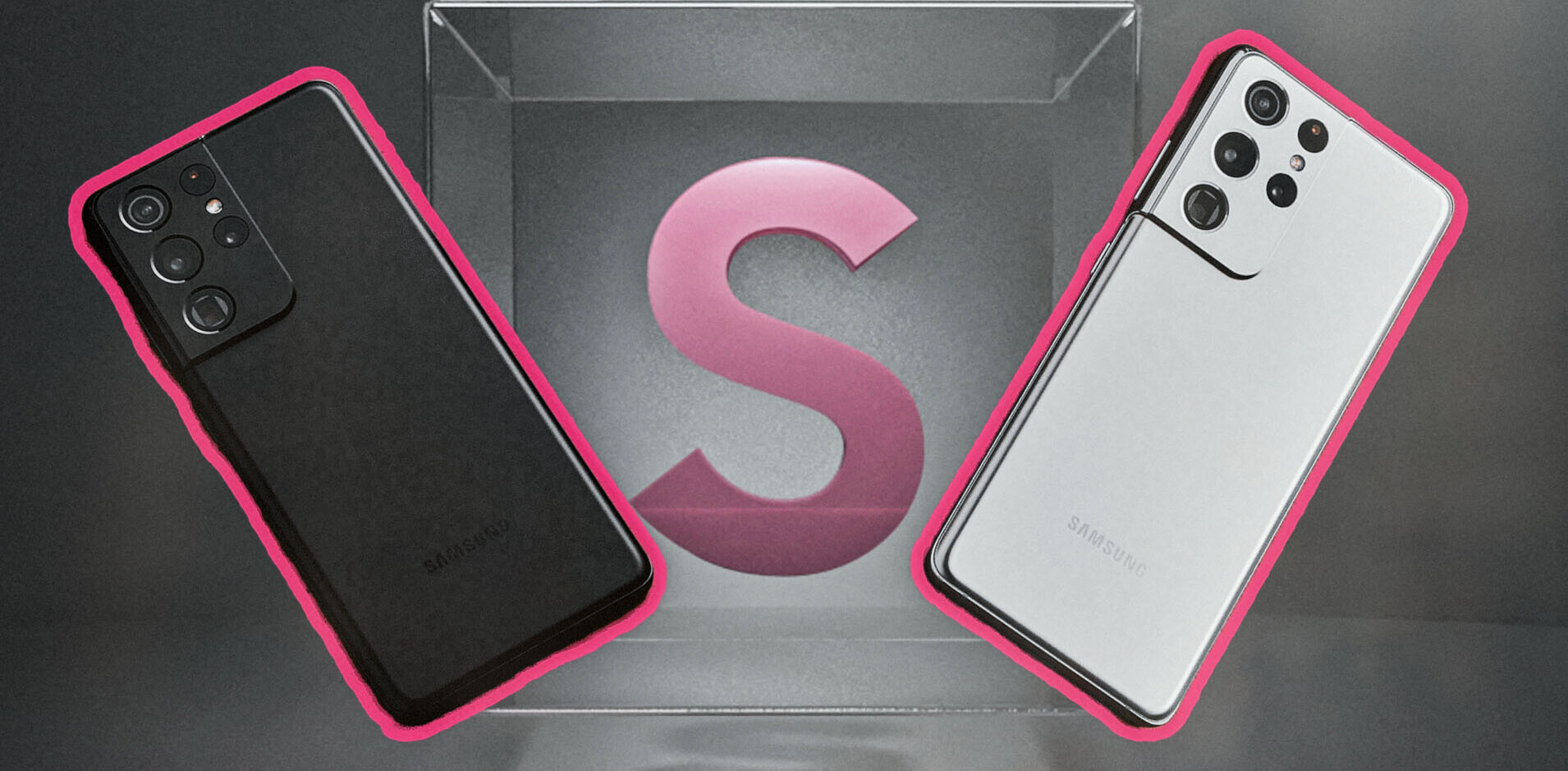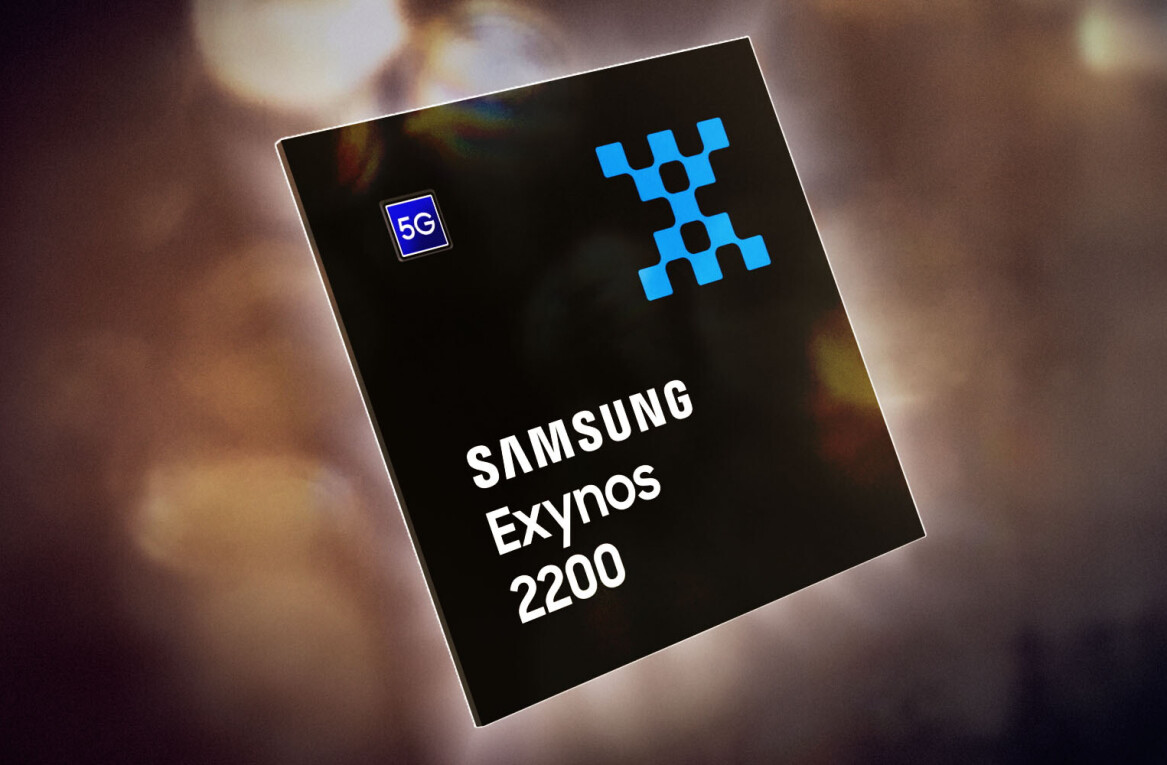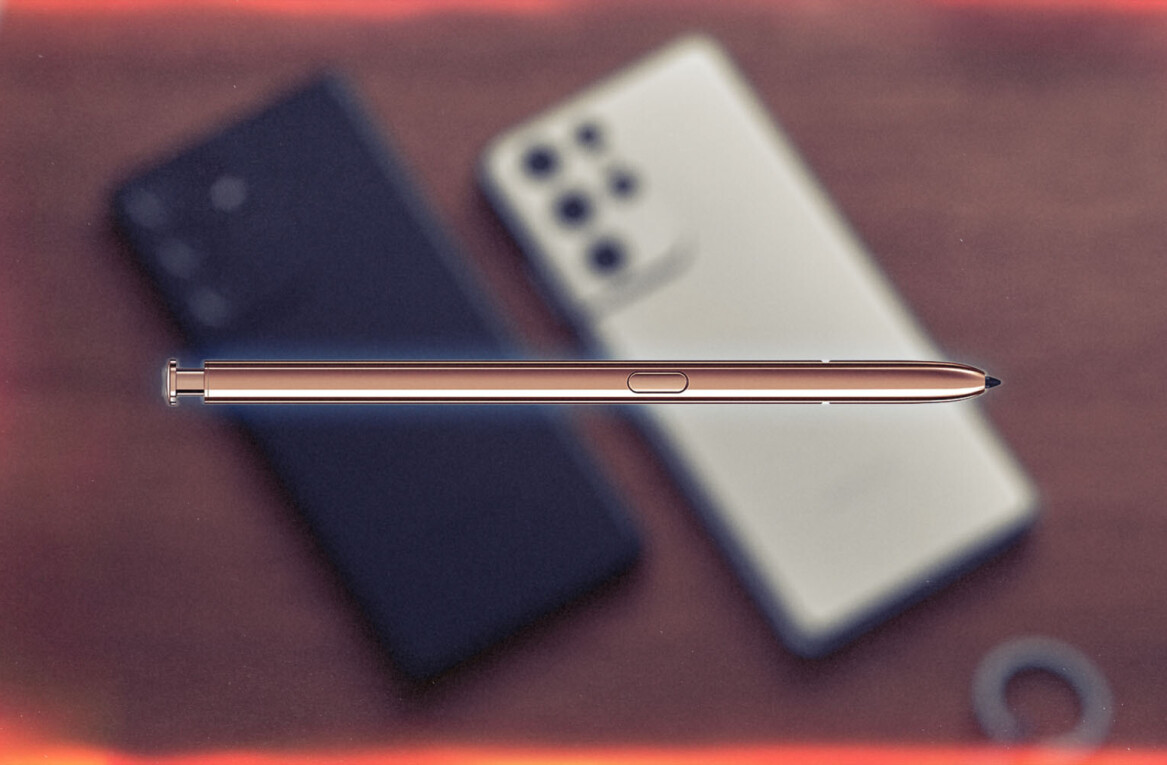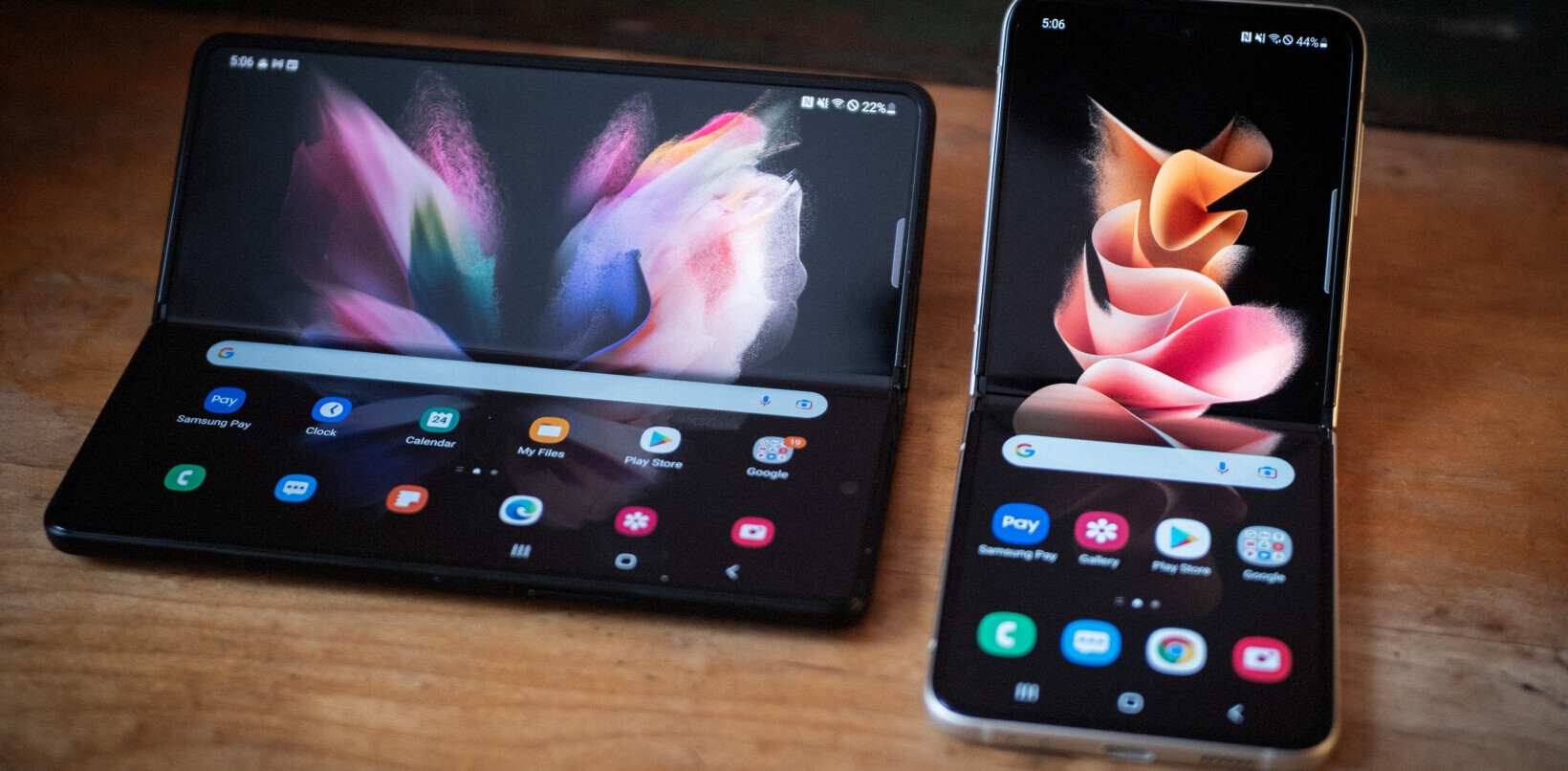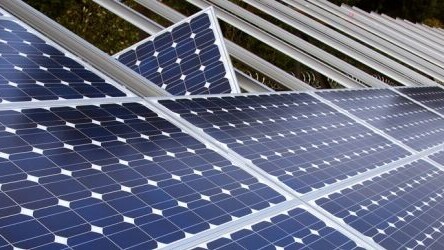
This morning, we told you all about the Apple initiative in Zimbabwe, bringing solar powered iPads to schools, and have just come across another technology initiative targeting Africa, this time courtesy of Samsung.
Samsung has just launched its Internet Schools Programme, starting in South Africa, with plans to bring it to Kenya, Nigeria, Senegal and Sudan, in the coming years. The schools are completely mobile, and like Apple’s initiative, are also solar-powered.
Unveiled at the Samsung Electronics Engineering Academy in Boksburg, South Africa, where the program is being piloted, the first rural attempt will take place in Qunu, in the Eastern Cape.
Over the next 5 years, the company is aiming to cater to 2.5 million students in remote and rural areas with limited access to electricity. According to Samsung, less than 25% of rural areas in Africa have constant access to electricity.
According to the CSR Africa Daily, the portable schools, built to withstand all kinds of weather, are made using 40-foot shipping containers, with rubber solar panels, which can power the classroom for up to 9 hours a day.
Each classroom is equipped with a 50″ Samsung Interactive Whiteboard, printers, solar powered netbooks and Galaxy Tabs, and can accommodate up to 21 students. The schools also come with a refrigerator, a file server with access to the South African school curriculum, a router, Uninterrupted Power Supply (UPS), video camera and wi-fi camera, making it easy to monitor, communicate with and provide information to the schools.
Speaking about the initiative, KK Park, President and CEO of Samsung Electronics Africa said:
“Our goal was to create an environment that would facilitate learning for whole communities in remote areas that otherwise don’t have access to education tools or internet connectivity.”
Get the TNW newsletter
Get the most important tech news in your inbox each week.


